The rise of dating apps, social media, and the prominence of technology in everyday life has transformed the dating landscape as we know it.
With endless information at our fingertips—TikTokers recounting first-date horror stories, viral threads analyzing disastrous encounters, and podcasts dissecting relationship dynamics—spotting "red flags" should, in theory, be a breeze. Yet, in reality, dating remains subjective, and opinions on what constitutes a "flag" can vary widely.
For some, modern dating culture creates overwhelming pressure to meet high standards. For others, it's a chance to be more selective—treating dating as a process of elimination, akin to a job interview, where only the best matches pass to the next stage.
Relationship experts weigh in, offering a guide to recognizing behaviors that might signal incompatibility or potential problems.

Lisa Marie Bobby, PhD, LMFT, LP, BCC, Founder & CEO, Growing Self Counseling & Coaching
Too much chemistry on a first date can be a red flag. Someone who comes on too strong, overshares, or moves too fast may be exciting at first, but this intensity can lead to unhealthy dynamics later on. It's great to feel attracted and interested, but never prioritize chemistry over character.
Other major red flags include entitlement, dishonesty, and any signs of disregarding the needs, rights, or feelings of others. Also watch for patterns of poor boundaries—like someone idealizing you without really knowing you, or rushing to move things forward. And don't ignore extremes in behavior, whether that's in spending habits, substance use, or an inability to handle life responsibly.
Remember, dates are auditions. You're not committing to someone on date one—you're gathering information to decide if you want to keep getting to know them. Too often, people—especially women—override red flags because of chemistry or emotional bonding. Trust what you see and hear. Ask yourself, "If this is how they operate, is that good enough for me?" and make decisions accordingly.
Duana Welch, PhD, Author and Dating Coach
The biggest red flag is the presence of any dealbreaker—and the biggest mistake is not figuring this out from the very start. My best friend fell in love with a devout Catholic. The problem? She was an equally devout atheist, and this was a dealbreaker for each of them. It broke both their hearts when, four years later, the relationship ended over facts they knew from Date one.
Like most of us, they thought, we're having fun, let's just see where it goes, don't be too picky, don't scare them off, and if it's meant to be, it'll work itself out. So they didn't discuss it until the stakes were much too high.
I've also known people who divorced because one wanted kids and the other didn't. They didn't discuss it, or did, but hoped the other person would change. Your needs will be about you—your dealbreakers might be different. Still, they're dealbreakers. The most important work I do with clients is helping identify not only what those are—but how to find the courage and the right words to ask about them from the beginning.
Ellyn Bader, Psychologist, Co-Founder and CEO of The Couples Institute and Co-Creator of The Developmental Model of Couples Therapy
Does the person have a history of failed relationships? If the person is male—does he dislike or have lots of unresolved issues with his mother? If the person is female, does she have lots of anger, pain or unresolved issues with her father?
The biggest red flags are things that are in direct contradiction to values of yours. Have kids and they dislike 'em? Next. Value travel and working hard to have the funds and freedom to do so, and they have limited desire to ever see the world? Next. Value health and they're a smoker or don't take care of their body? Next.
Denise Marigold, Associate Professor of Social Development Studies at Renison University College, University of Waterloo
A red flag on the first date is if one person keeps disclosing much more than the other, pressures the other person for deeper disclosures they are not comfortable with so quickly, or on the contrary, remains tight-lipped about pretty innocuous questions.
Consider how the other person responds when you share something. Are they listening to understand you, or to decide what they will say next? Do they let you finish, or do they interrupt you with their own perspective?
People may not always be their best selves on a first date, especially if you're just meeting for the first time (as opposed to being friends first) and are feeling anxious, uncertain, or judged. So if even if things don't go well, it may be worth a second date if you think this could develop into a healthy and rewarding relationship.
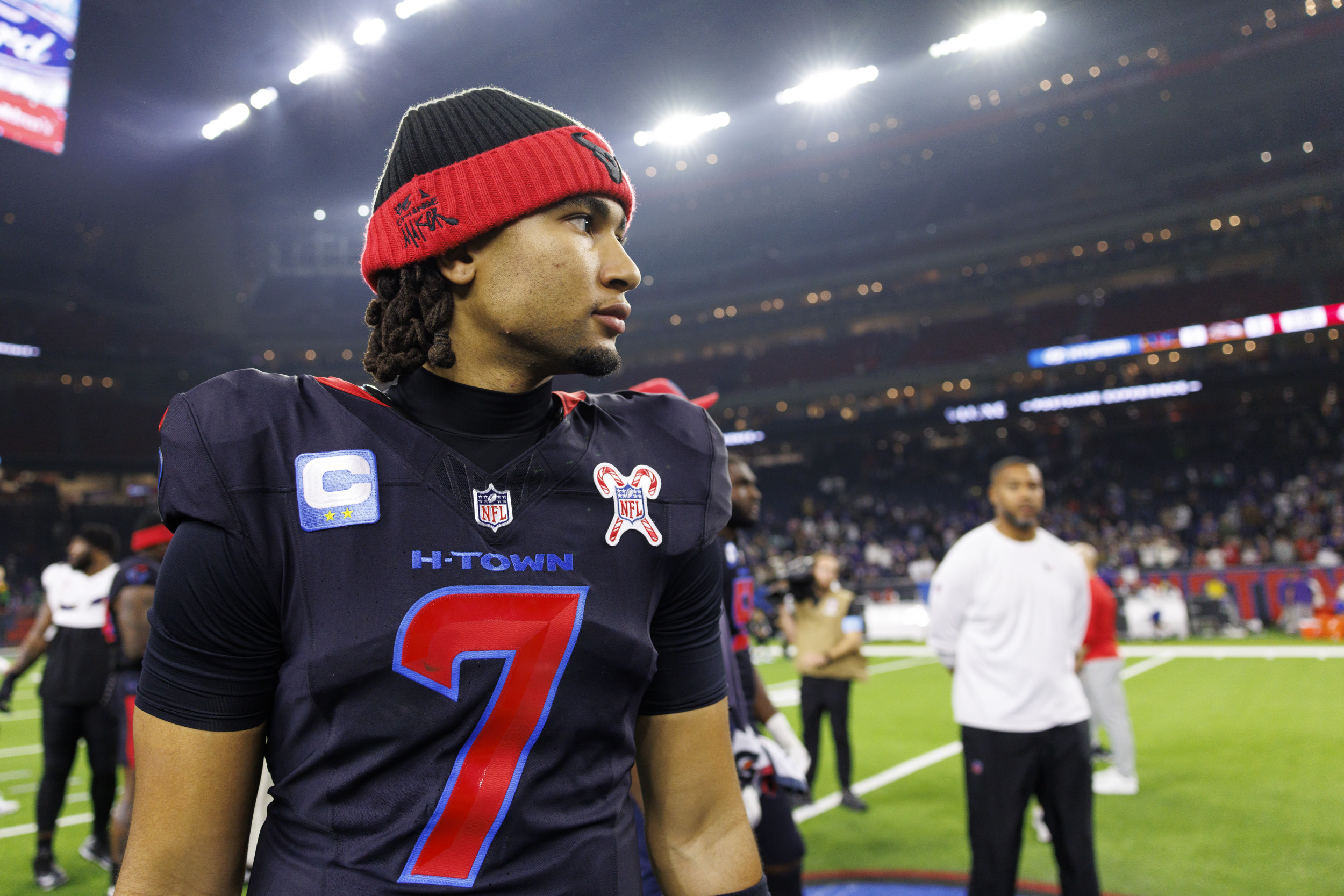

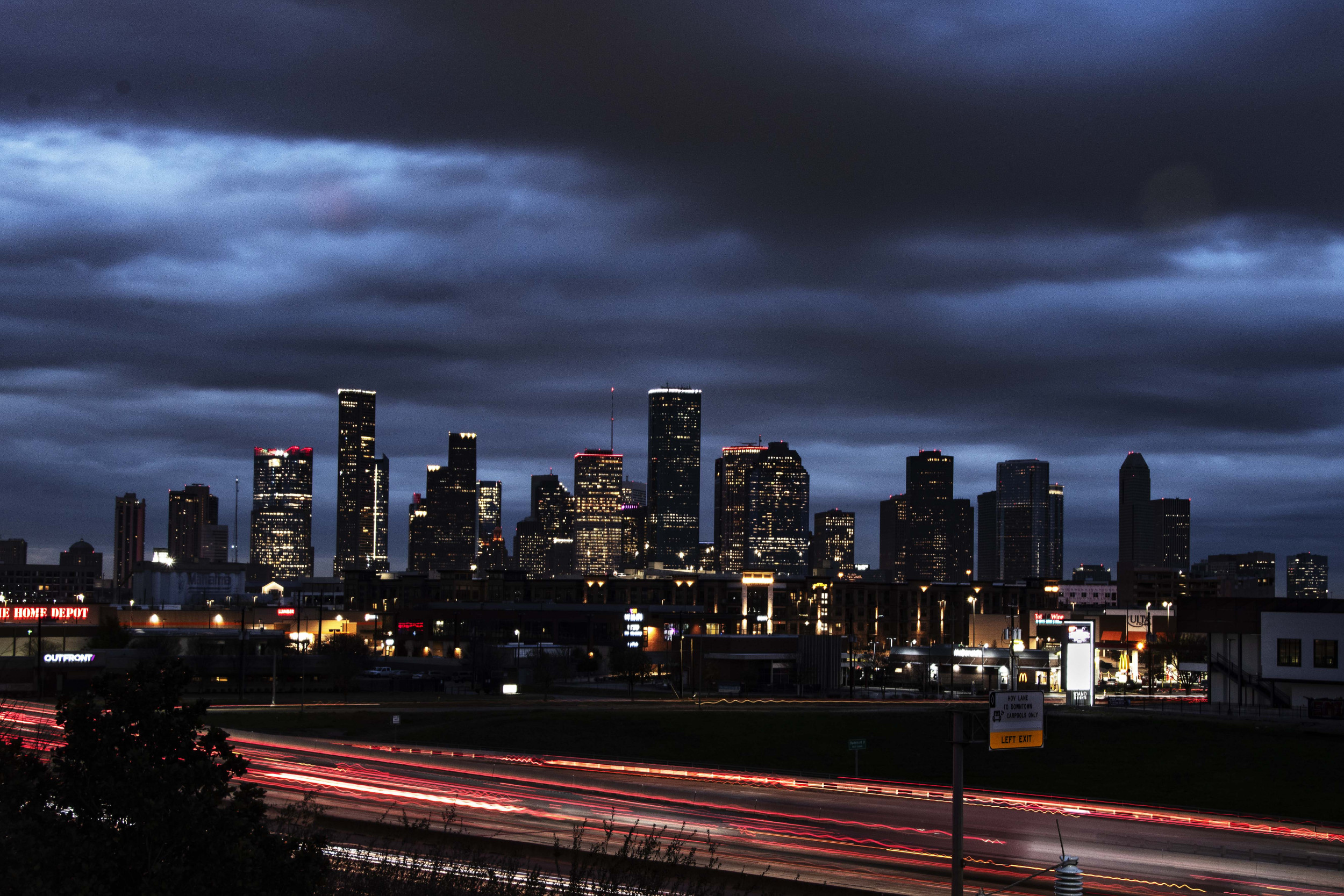



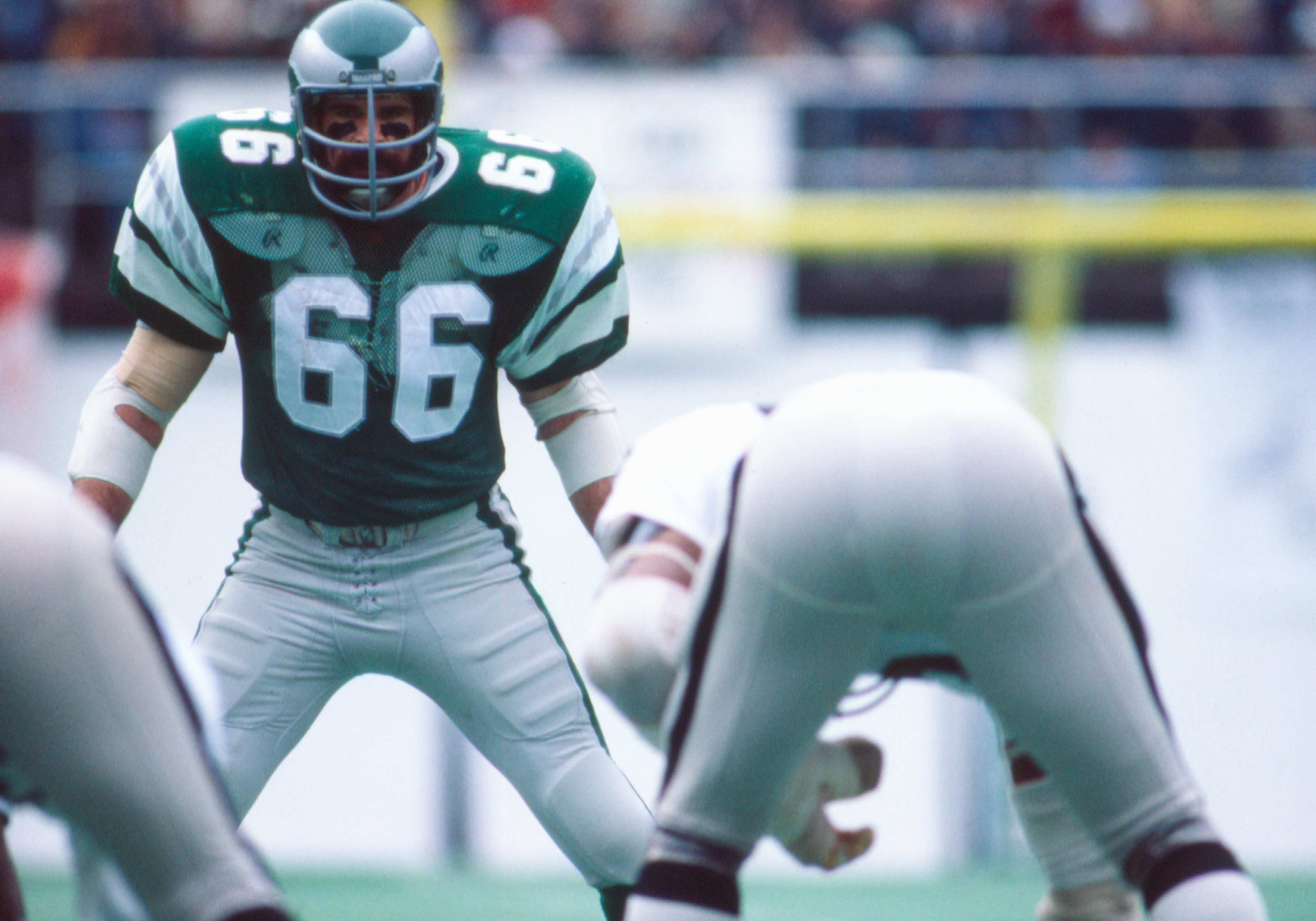


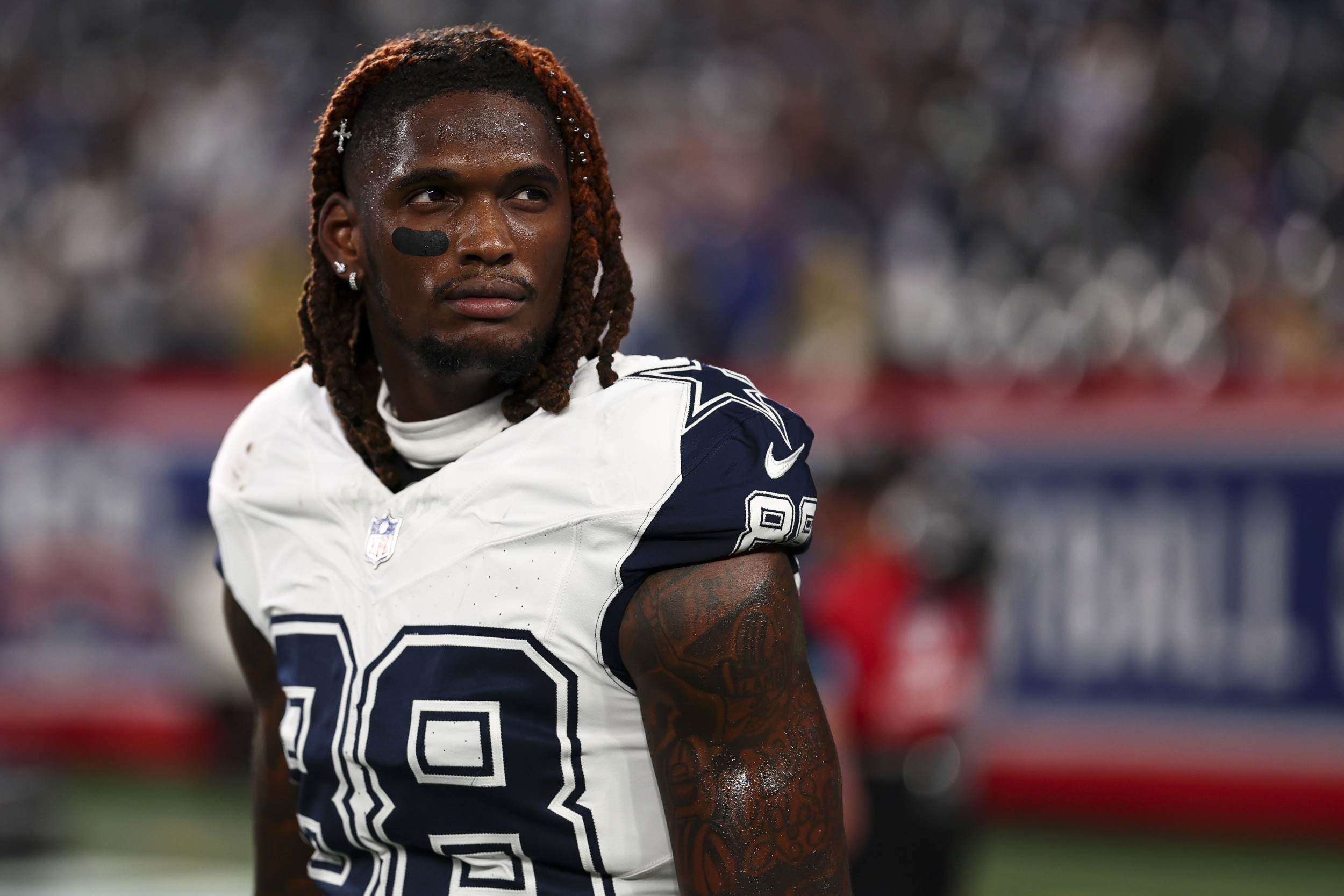

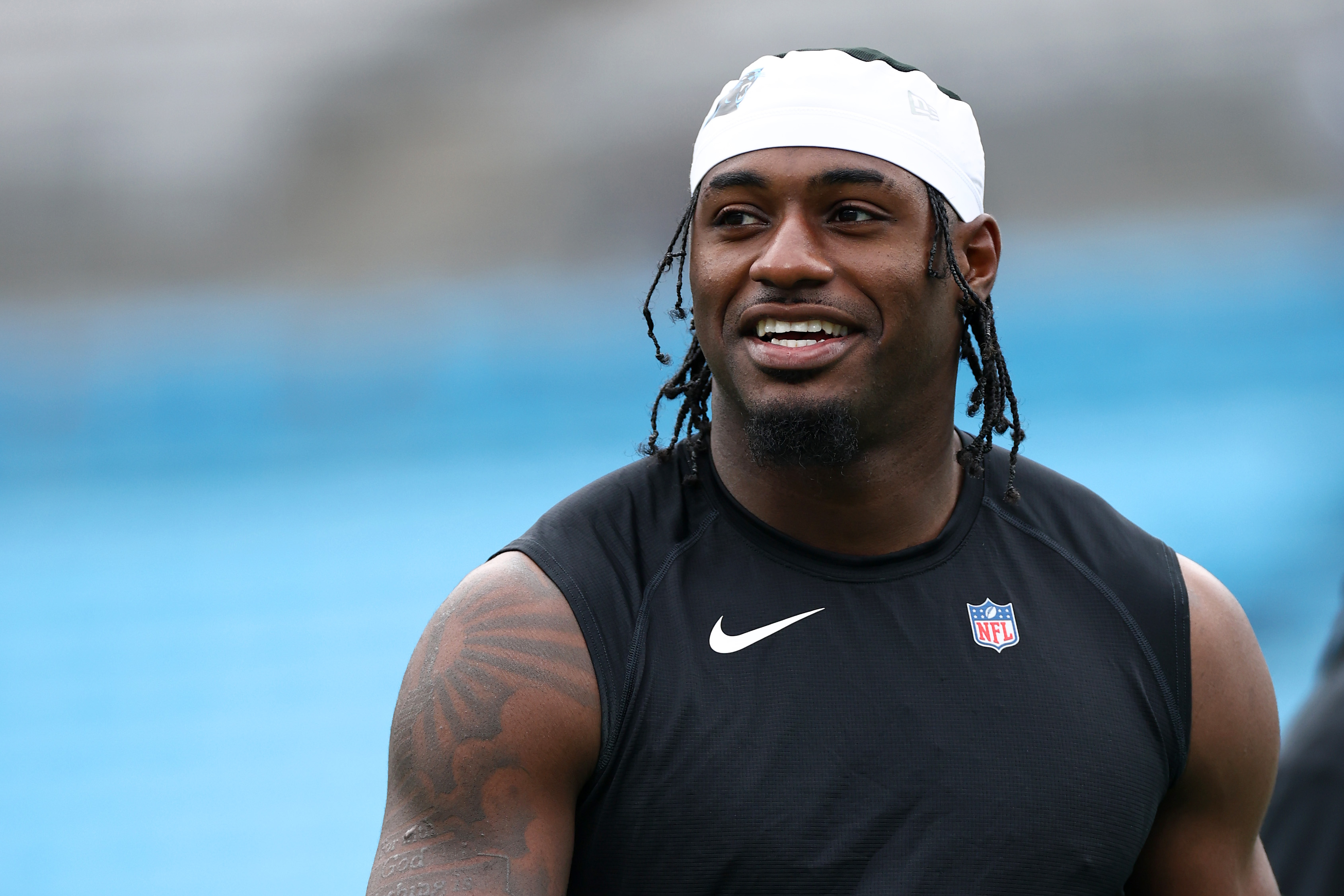








 English (US) ·
English (US) ·